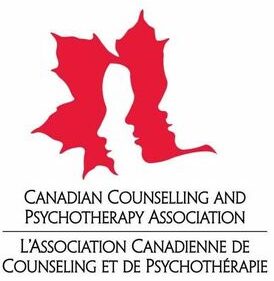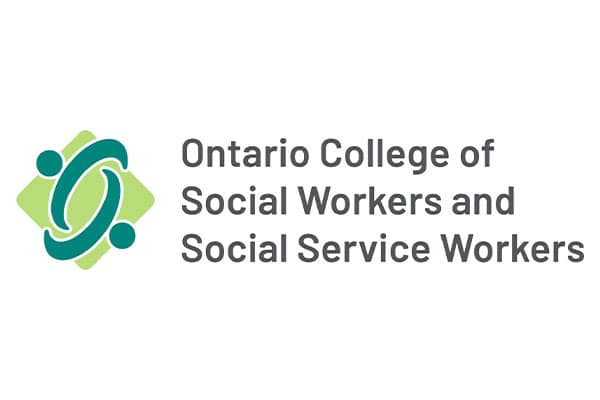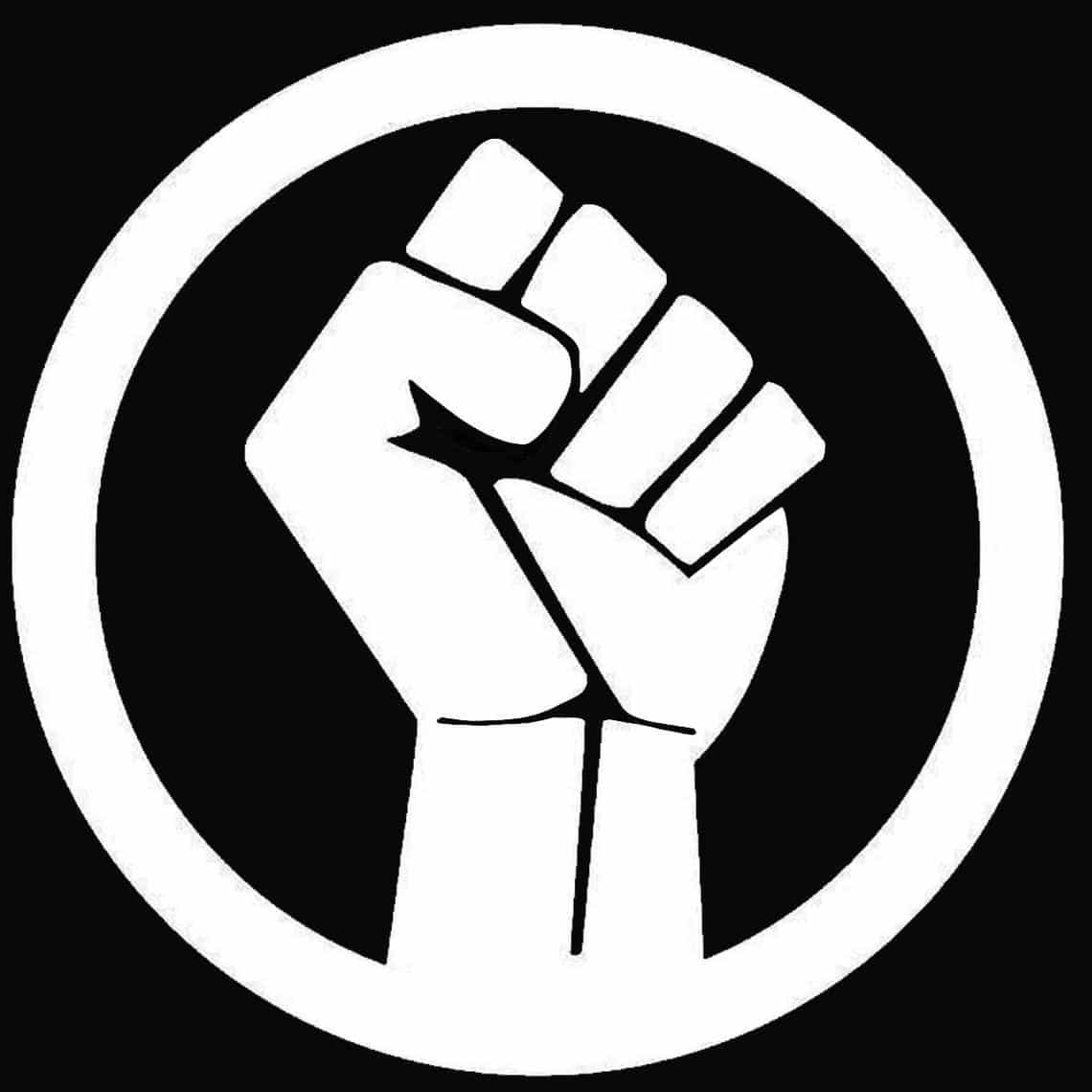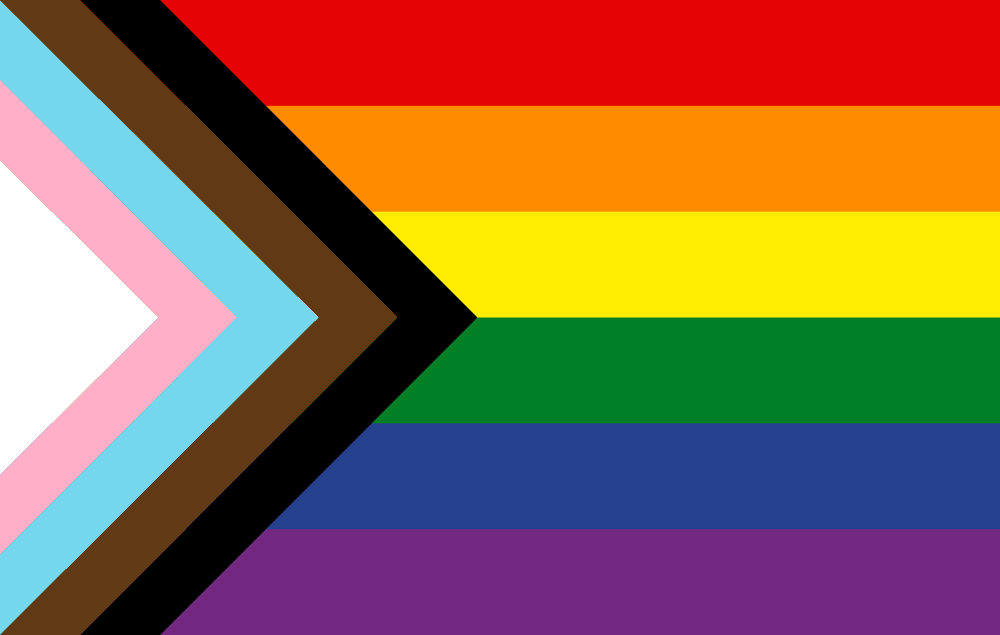What is anxiety?
Anxiety can make you imagine things are worse than they are and prevent you from carrying out everyday tasks, or even leaving the house. Where stress is something that will come and go, anxiety can affect a person even if the cause is unclear.
When under stress, our ‘fight or flight’ response will turn on. This acts as an internal alarm system, designed to protect us from danger in the wild. These days, we can recognise this system through the ‘butterflies in the stomach’ we feel when we’re nervous. Anxiety, however, may cause this response to activate at inappropriate moments. You may feel this during normal, non-threatening situations.
Anxiety disorders
Common anxiety disorders include:
Generalized anxiety disorder – If you often feel anxious or fearful, but not anxious about a specific event or experience, you may be diagnosed with GAD. Typically, these feelings are related to everyday tasks, such as stress at home or work, but other times you may not know why you are feeling anxious.
Phobias – A phobia is an intense fear of something – no matter how dangerous or threatening it may be to you. Coming into close contact with the feared situation may cause you to feel anxious. In some cases, even the thought of said situation can trigger anxiety.
Panic disorder – If you experience seemingly unpredictable panic attacks, and are unable to identify a trigger, you may be diagnosed with panic disorder. Symptoms include shortness of breath, feeling faint and trembling.
Obsessive compulsive disorder (OCD) – OCD comprises of obsessional thoughts followed by compulsive urges. The obsessions are recurring urges, thoughts or images that can cause you to feel anxious. Compulsions are the actions or thoughts that you feel the need to do or repeat. Compulsions are typically a response to ease the anxiety of an obsession.
Post-traumatic stress disorder (PTSD) – After experiencing or witnessing a traumatic event, and are experiencing flashbacks or nightmares, you may be diagnosed with PTSD. These reactions can make you feel like you’re reliving the fear and anxiety over and over again.
Anxiety counselling
Counselling for anxiety is one form of treatment. Talking to a counsellor can help in many ways, including helping you understand what may be causing your anxiety, and teaching you coping techniques. There are many types of talking therapies available, though the most commonly prescribed is cognitive behavioural therapy (CBT).
For more information, check out my page on anxiety counselling here.
Resources:
Anxiety Canada – http://www.anxietycanada.ca/english/
Anxiety – 3 general tips from counsellor John Roche.
CMHA – About Anxiety – https://cmha.ca/mental-health/understanding-mental-illness/anxiety-disorders
Psychology Today – https://www.psychologytoday.com/ca/basics/anxiety






